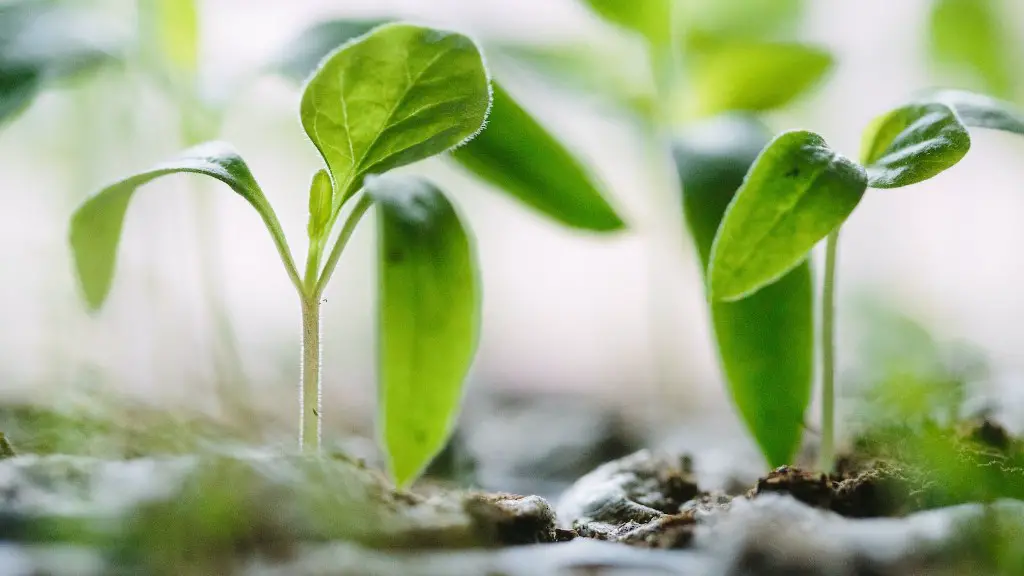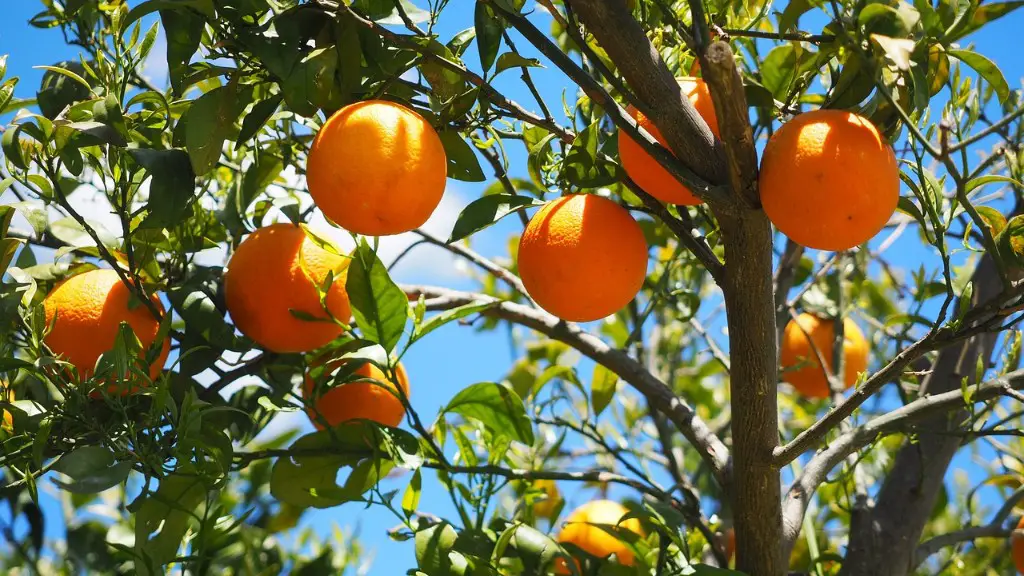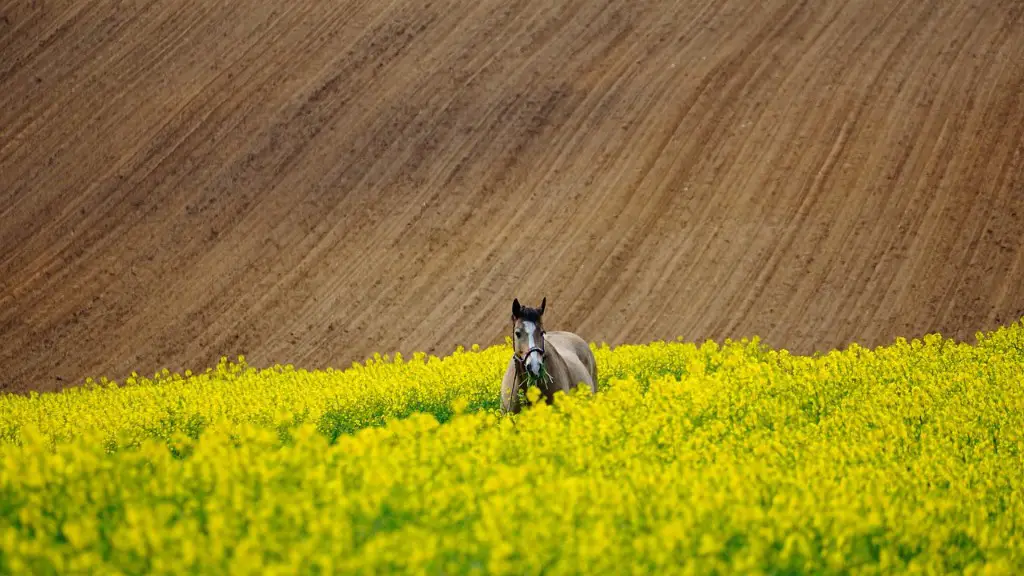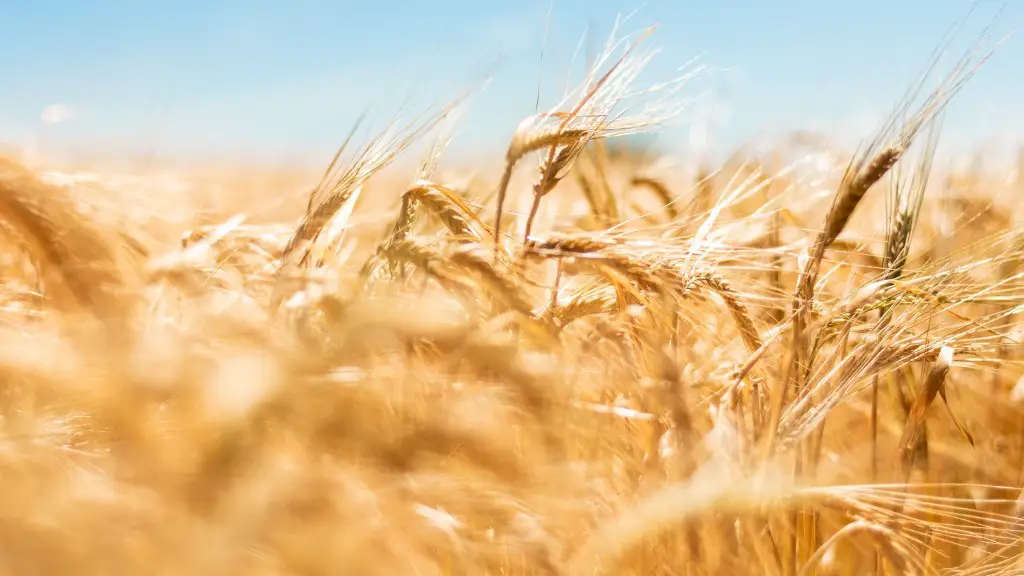Precision agriculture is an innovative agricultural technology that enables farmers to maximize their productivity and reduce costs by accurately targeting their efforts. It has revolutionized the way farmers manage their resources and land utilisation, giving them greater control and improving overall efficiency. Unfortunately, many statements about precision agriculture are false and need to be clarified.
One false statement is that precision agriculture is only for large-scale farm owners. In fact, precision agriculture is applicable to any farm, regardless of size. Through the use of technologies such as precision guidance, sensors, and variable-rate technology, small-scale farms can use precision agriculture to increase crop yields and reduce costs.
Another myth is that precision agriculture only applies to farms using specific types of tractors and other farm equipment. In reality, precision agriculture technologies are compatible with most modern farm equipment, making it easier for a wider range of farmers to adopt it.
A third flawed statement is that precision agriculture is expensive to deploy. Although the cost of technologies such as GPS guidance and autosteer can be prohibitive, most precision agriculture technologies are available at an affordable price. Furthermore, the benefits of precision agriculture can often outweigh the cost of hardware and software, resulting in greater savings and increased profitability.
Finally, some people also believe that precision agriculture is a one-off solution that only yields short-term benefits. This is not the case. The long-term impact of precision agriculture is evident in its ability to boost yields and improve soil health, reduce water and energy consumption, reduce emissions, and increase overall productivity and efficiency.
The Benefits Of Precision Agriculture
Precision agriculture can offer a wide range of benefits to farmers, from increased yields to improved soil health and better water and energy conservation. By using tools such as precise guidance systems, sensors for soil, field, and crop monitoring, and flexible rate technology, farmers can apply the right amount of resources, at the right time, in the right place for maximum efficiency. This can help farmers to reduce the amount of energy and water used, decrease their costs, and reduce the amount of harmful emissions released.
By accurately targeting fertilizer, water, and other inputs, precision agriculture can also improve crop yields. It can also help to maximize use of available land, as well as increase overall crop diversity and reduce soil erosion. In addition, precision agriculture technologies can help farmers to monitor their soil and crops more accurately, which can lead to a better understanding of their local environment.
Overall, precision agriculture is an innovative technology that has the potential to transform the way farmers manage their resources and land utilisation. It can provide them with greater control and efficiency, as well as long-term benefits such as increased yields, improved soil health, and reduced costs.
Pros And Cons Of Precision Agriculture
Although precision agriculture has the potential to provide great benefits to farmers, there are also several drawbacks that should be considered. The most significant disadvantage is the cost, as the hardware and software required for precision agriculture can be expensive, particularly for smaller farms. Additionally, it also requires advanced skills and knowledge in order to be effectively deployed and managed.
Furthermore, precision agriculture relies heavily on the use of technology, meaning that the accuracy of the system could be compromised by external factors such as weather and network availability. Additionally, there is also the risk that machines and data collection sensors could malfunction or become outdated.
Finally, as precision agriculture technologies can provide accurate data on everything from soil health to crop yields, there is also an increased risk of data privacy and security issues. As such, it is important for farmers to ensure they have adequate security measures in place before deploying these technologies.
Future Of Precision Agriculture
Despite the challenges posed by precision agriculture, it is clear that these technologies are here to stay and will continue to revolutionize the way farmers manage their resources and land utilisation.
The increasing affordability and availability of advanced technologies, such as autonomous vehicles, drones, and robotics, will also make precision agriculture more accessible to a wider range of farms. Additionally, more data-driven decision-making tools and predictive analysis capabilities are expected to further improve farming efficiency and yields.
Furthermore, new technologies are also being developed to improve the accuracy and reliability of precision agriculture, as well as reduce its cost and complexity. For example, hyperspectral imaging has the potential to provide more detailed and accurate information on crop health and soil conditions, while machine learning algorithms can be used to detect and identify diseases in crops faster and more regularly.
In conclusion, there is no doubt that precision agriculture will continue to have a major impact on the way farmers manage their resources and land utilisation. As such, it is essential for farmers to understand both the benefits and drawbacks of precision agriculture in order to make the most out of its potential.
Conclusion
Despite the challenges posed by precision agriculture, it is a revolutionary technology that has the potential to revolutionize the way farmers manage their resources and land utilisation. It can provide them with greater control and efficiency, as well as long-term benefits such as increased yields, improved soil health, and reduced costs. New technologies, such as autonomous vehicles, drones, and robotics are also expected to make precision agriculture more accessible to a wider range of farms. In order to make the most out of its potential, it is important for farmers to understand both the benefits and drawbacks of precision agriculture.




